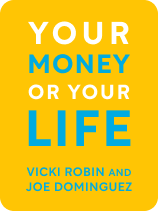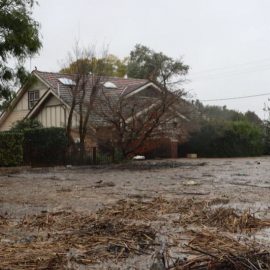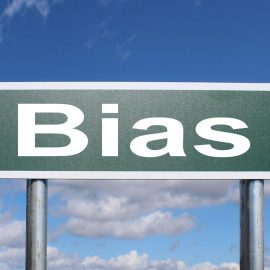

This article is an excerpt from the Shortform book guide to "Your Money or Your Life" by Vicki Robin and Joe Dominguez. Shortform has the world's best summaries and analyses of books you should be reading.
Like this article? Sign up for a free trial here .
Do you know how to calculate your net worth? How much money have you earned over your lifetime?
Calculating your net worth and lifetime earnings is part of the process of improving your relationship with money and living a life you love. When you have a clear picture of where you stand, it’s easier to make wise decisions with your money.
Read more to learn how to calculate your net worth and lifetime earnings.
Examine the Money in Your Life
Part of understanding your relationship with money is systematically taking an inventory of all the money you have earned and the material possessions you own.
Examining the money that has come into your life can be a powerful step toward understanding not only your earning power, but how you choose to spend it. You also can analyze your spending to evaluate if it helps you satisfy your “enough.”
When completing these steps, practice the following:
- Don’t shame or blame yourself for what you learn. Your earnings and net worth don’t equal your value as a person.
- Be thorough in attempting to dig up all that you can about your financial past and present. That way, you’ll get the clearest view of how much money you’ve earned.
Step 1: Calculate Your Net Worth
The first step in calculating your net worth is sorting your possessions into things you own and things you owe. These are your assets and liabilities, respectively.
Liquid assets include cash itself and anything you can exchange for cash, including:
- Money in checking and savings accounts
- Savings bonds (US)
- Bonds
- Stocks
- Brokerage accounts
- Money Market accounts
- Mutual Funds
- Certificates of Deposit or other savings certificates
- Any cash you have on hand
- Security deposits
- Debts owed to you that you could collect
Fixed assets include any material possession you own worth a dollar or more. Assign a value for each of these possessions. Look at online marketplaces, such as auctions or Craigslist if you need help.
Write down liabilities as any debts you have or money you owe. If you list an asset like your car or house, make sure you list the money you owe on it as a liability.
To calculate your net worth, find the sum of your liquid and fixed assets. Then, subtract your liabilities.
Step 2: Calculate Your Lifetime Earnings
Include income from your first babysitting job when you were 13 to your current job, and all the full-time jobs, side gigs, and gifts received in between.
To round up all sources of income, look at:
- Income tax returns
- W-2 forms
- Bank statements
- What the Social Security Administration says you’ve earned in your life so far
- Checkbook ledgers
- Money you received as a gift, or won
- Earnings from work that you might not have reported on your taxes, such as tips and babysitting wages
- Loans
- Capital gains records
- Illegal sources
Add in any earnings that you didn’t declare in tax returns, like tips you earned but didn’t report, and income from odd jobs. It may take a few days to comb through these records.
Now you know how to calculate your net worth and lifetime earnings, an important aspect of your relationship with money.

———End of Preview———
Like what you just read? Read the rest of the world's best book summary and analysis of Vicki Robin and Joe Dominguez's "Your Money or Your Life" at Shortform .
Here's what you'll find in our full Your Money or Your Life summary :
- The 9 steps to reach financial independence
- How to change your entire relationship with money and live a more meaningful life
- How to align your spending habits with your values, purpose, and dreams






